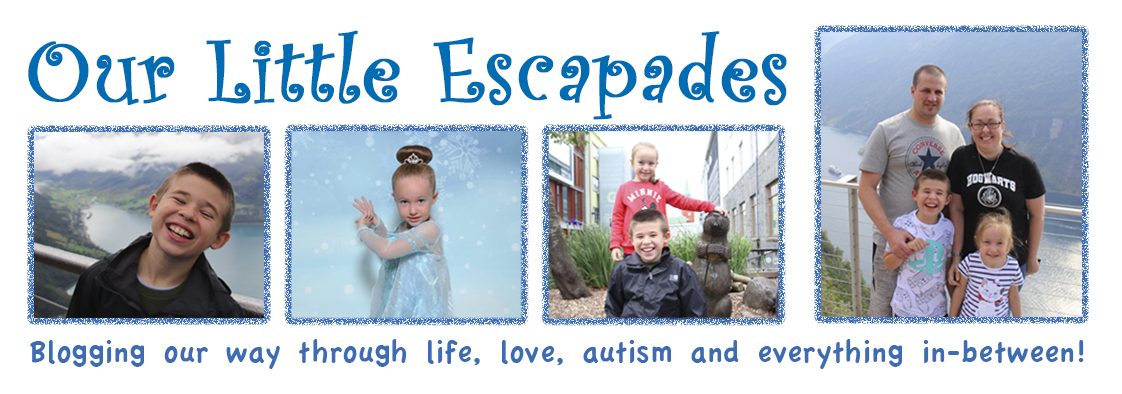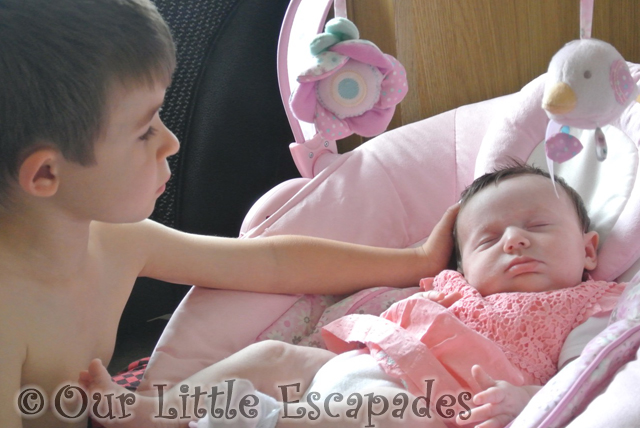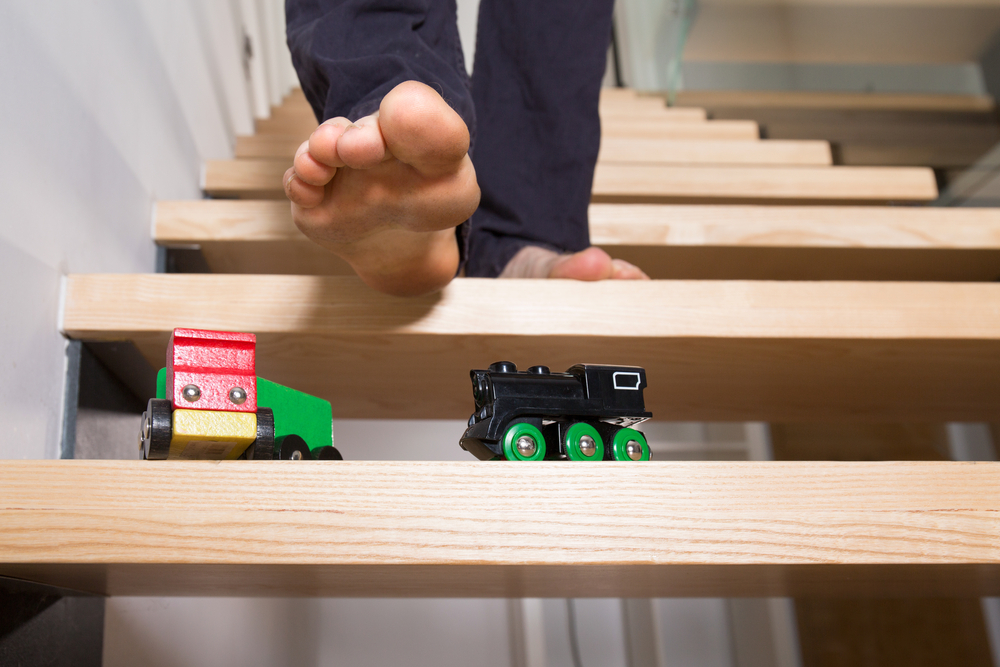For families navigating separation or divorce, supporting neurodivergent children can be especially challenging. For parents seeking advice from Sharp Family Law in Bristol, Bath, or wherever you may live, the emotional impact of a breakup isn’t the only thing on your mind—you’re also focused on how to maintain consistency and calm for your autistic child.
That’s where thoughtful outings come in. With the right planning, trips outside the home can serve as powerful tools for reassurance, bonding, and emotional regulation. In this blog post, our experts will explore how meaningful outings can help autistic children manage the changes that come with family separation.

Understanding How Divorce Affects Autistic Children
Autistic children often rely heavily on routine and predictability. When a separation occurs, it can disrupt their sense of security. Things that once felt stable—home life, shared family time, or even meals—may now be split between different houses or absent altogether.
As noted by Ambitious About Autism, it’s common for autistic children to struggle with emotional regulation and anxiety during transitions. Sensory overload, sleep disruptions, or behavioural changes may follow.
That’s why any opportunity to create moments of calm and connection is so vital.
1. Re-establish Routine with Regular Trips
One of the most effective ways to maintain consistency is to schedule recurring outings. Think:
- A walk in the same park every Saturday
- Weekly café visits to the same quiet spot
- A library trip each Sunday with a familiar reading corner
These trips offer structure. They become anticipated moments that act as anchors throughout the week. Repetition helps your child know what to expect, which soothes the uncertainty that comes with big life changes.
Tools like visual schedules, social stories, and even photo books of past outings can help reinforce these routines before and after each trip. The National Autistic Society offers useful templates and guidance for building structure through change.
2. Encourage Gentle Exploration with Sensory Consideration
Sensory sensitivities vary widely among autistic children. While some find nature calming, others might be overstimulated by crowded places. Tailor your outings to suit your child’s unique sensory profile.
Here are a few low-sensory ideas:
- Woodland walks where the sound and light are muted
- Petting zoos or animal farms with quiet hours
- Visiting museums that offer sensory-friendly sessions
- Beaches during off-peak times
Be prepared to adjust plans if your child becomes overwhelmed. Sometimes just sitting in the car with snacks and music can be enough.
3. Use Trips to Foster Connection Without Pressure
Traditional family time may no longer exist in the same way, but that doesn’t mean you can’t build new forms of connection. Outings create neutral ground where your child doesn’t have to process too many changes at once.
You don’t need to ask probing questions or force conversation. Just being together and sharing an experience—looking at ducks, listening to leaves crunch underfoot—can reaffirm your bond.
Let your child take the lead. If they want to focus on one exhibit for 40 minutes, go with it. Autistic children often thrive when their interests are supported and celebrated.
4. Create Visual Memory Aids for Emotional Reassurance
Photos, drawings, and simple scrapbooks from your outings can help your child process their experiences. These serve not only as memory triggers but also as tools for emotional reassurance.
You might say, “Remember when we went to the farm and saw the piglets?” That moment becomes a touchstone of comfort, something stable in an otherwise shifting environment.
These materials also support communication. For non-verbal children or those with limited expressive language, pointing to a picture can help them tell you what they liked, disliked, or want to do again.

5. Align Co-Parenting With Familiar Outings
If your co-parenting situation allows, coordinate to create mirrored experiences in both households. This doesn’t mean replicating everything—but maintaining a few shared routines, like a favourite park or Saturday activity, helps your child feel a sense of continuity.
Using a shared online calendar or visual diary can help avoid surprises. Make sure handovers are calm and predictable, perhaps with a small ritual like exchanging a toy or reading the same book.
The Council for Disabled Children offers guidance for navigating family changes with disabled and neurodivergent children.
Managing Expectations for a Smoother Experience
Your outings won’t always go as planned—and that’s okay. The goal isn’t perfection; it’s presence. By preparing with the right tools and keeping things flexible, you’ll reduce stress for both you and your child.
Helpful tips:
- Bring familiar comfort items (noise-cancelling headphones, fidget toys, snacks)
- Arrive early to avoid crowds
- Use gentle countdowns before transitions
- Allow time for decompressing after the trip
A little preparation goes a long way in helping your child feel secure.
Don’t Forget to Look After Yourself, Too
Supporting an autistic child through separation takes energy, empathy, and patience. It’s okay to feel overwhelmed. Self-care isn’t indulgent—it’s essential.
Reach out to support networks or carers’ groups that understand the challenges you face. Your emotional stability helps reinforce your child’s sense of security.
Stability Through Shared Experiences
Ultimately, the goal of these outings isn’t to distract from the reality of divorce—it’s to build something meaningful within it. Each trip becomes a thread in the fabric of your child’s new reality, reminding them that while some things may change, love and connection remain steady.
And as your child adjusts to this new chapter, they won’t just remember that their family changed—they’ll remember the beach walks, the ducks at the pond, and your steady hand in theirs.
Please be advised that this article is for informational purposes only and should not be used as a substitute for advice from a trained legal or healthcare professional. If your family is going through separation and your child requires additional support, please seek guidance from qualified legal and neurodevelopmental specialists.
DISCLOSURE – This is a collaborative post.




